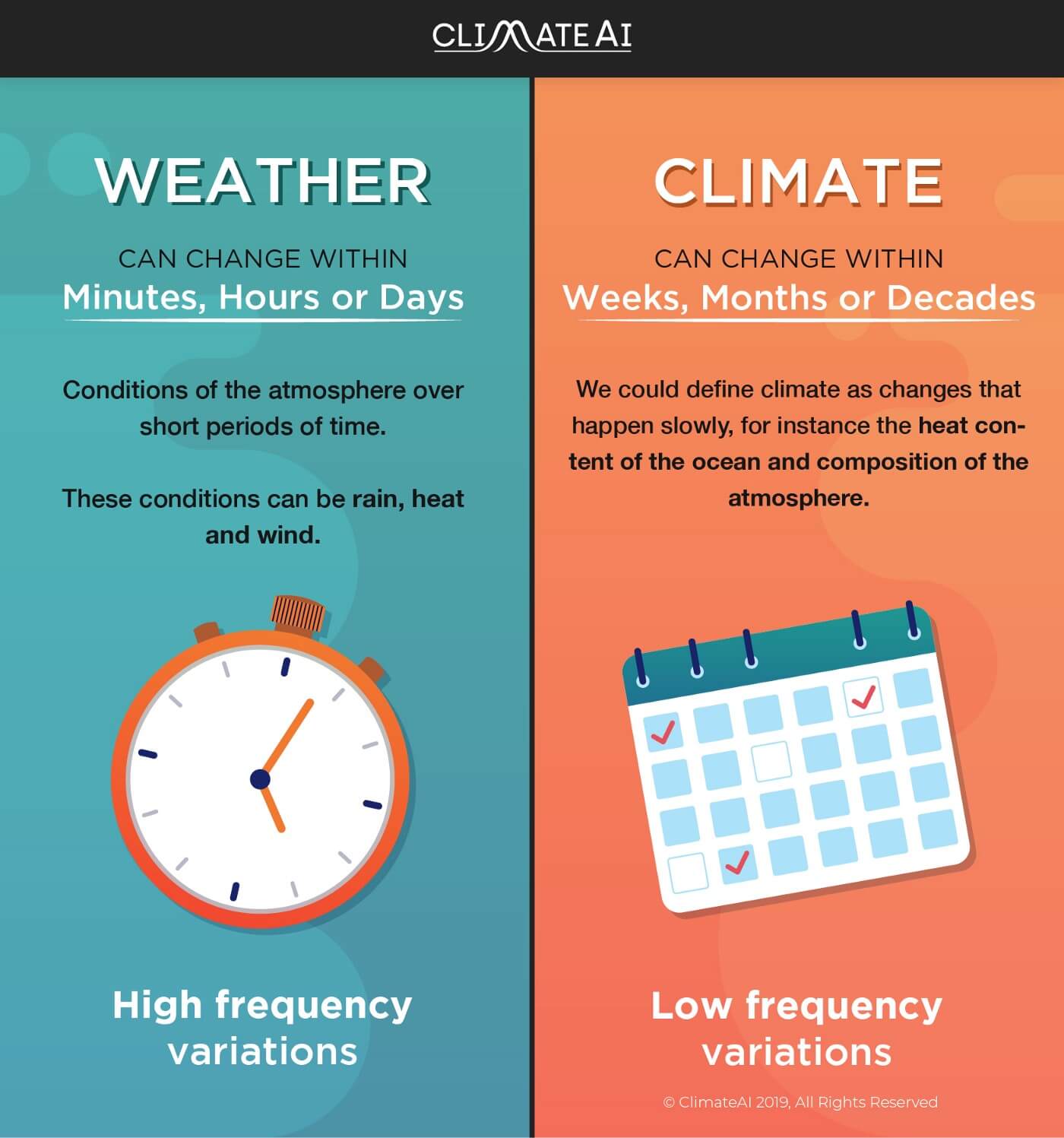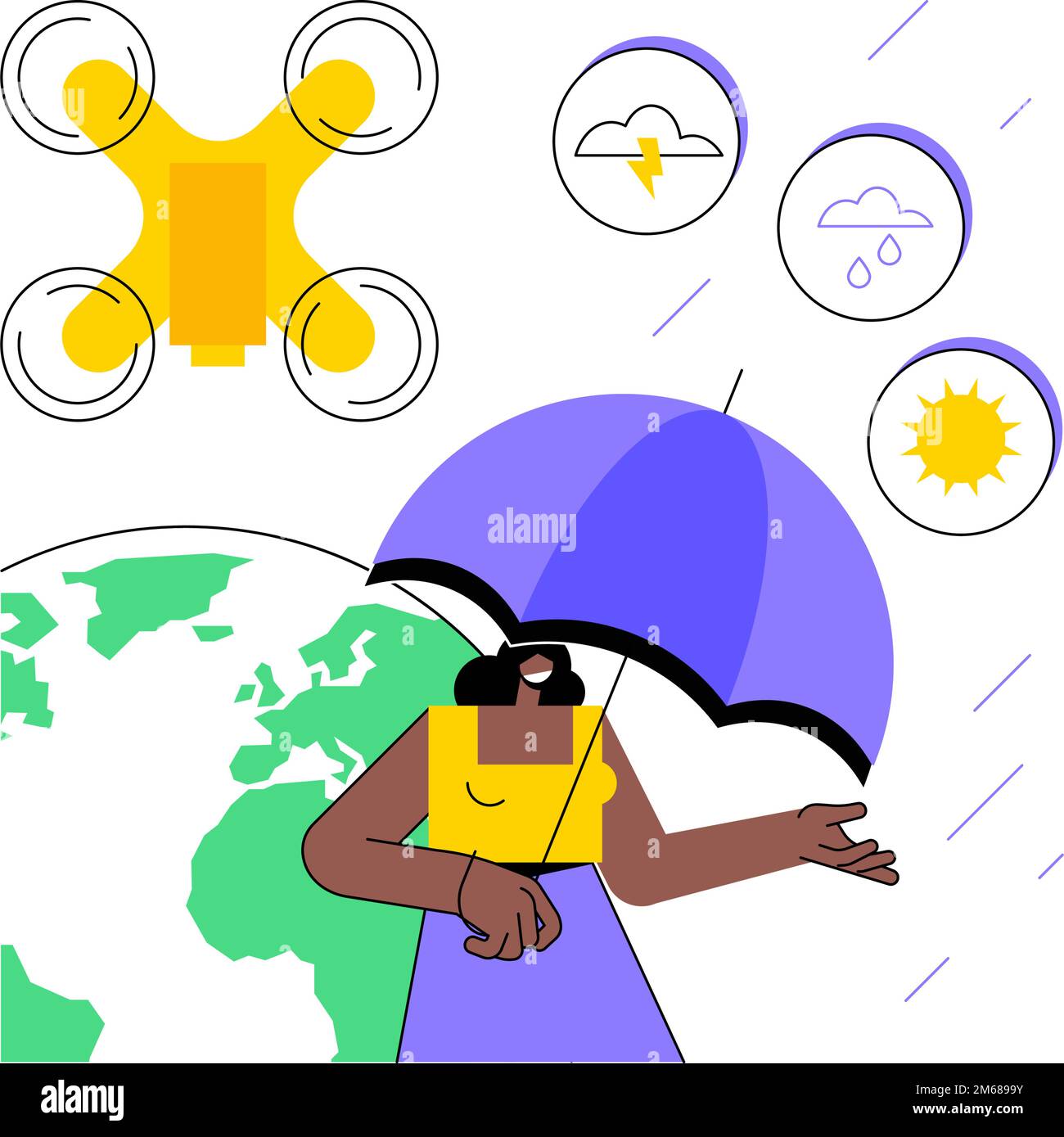Do You Know The Importance Of Accurate Weather Forecasts?
Editor's Notes: "The Meteorological Service: Providing Accurate Weather Forecasts And Data" have published today date. Given the increasing frequency and intensity of extreme weather events, the importance of accurate weather forecasts in ensuring the safety and well-being of people and property cannot be overstated.
Understanding the importance of weather forecasts, here we put together this guide to help you become aware of The Meteorological Service: Providing Accurate Weather Forecasts And Data.
Importance of Accurate Weather Forecasts
- Early Warning for Disasters: Accurate weather forecasts provide timely warnings for extreme weather events such as hurricanes, tornadoes, floods, and heatwaves. This allows governments, emergency responders, and the general public to take precautionary measures and evacuate to safer areas, reducing the risk of loss of life and property.
- Improved Transportation Safety: Weather forecasts play a crucial role in ensuring the safety of air, land, and marine transportation. Accurate forecasts help pilots avoid dangerous weather conditions, prevent bridge closures during storms, and alert shipping companies to adjust their routes to avoid rough seas.
- Agricultural Planning and Crop Yield: Farmers rely heavily on weather forecasts for crop planning, irrigation scheduling, and harvesting. Accurate forecasts help them optimize their operations, increase crop yields, and reduce losses due to adverse weather conditions.
- Weather-Related Health Precautions: Weather forecasts can provide valuable information for people with respiratory conditions like asthma or allergies. By knowing about high pollen counts or air pollution levels, individuals can take precautions to minimize their exposure and manage their health risks.
- Tourism and Leisure Activities: Weather forecasts help tourists plan their travel and outdoor activities. Travelers can check the forecast before heading out to avoid getting caught in severe weather or make alternate arrangements.
FAQ
This comprehensive collection of FAQs aimed at understanding the role of The Meteorological Service in providing accurate weather forecasts and data, ensuring public safety, and supporting informed decision-making.

Weather Forecasts Aren’t Very Accurate 5 Days Out. Why Should I trust a - Source climate.ai
Question 1: What is the primary purpose of The Meteorological Service?
The Meteorological Service is mandated to monitor, forecast, and research weather patterns and climate conditions within a specific geographical region. Through meticulous data collection, analysis, and interpretation, the service aims to provide timely and accurate weather forecasts, advisories, and warnings.
Question 2: How does The Meteorological Service collect weather data?
The Meteorological Service employs a comprehensive network of weather stations, satellites, radar systems, and other advanced technologies to gather real-time weather data. These instruments measure various atmospheric parameters, including temperature, humidity, wind speed and direction, precipitation, and atmospheric pressure.
Question 3: How are weather forecasts generated?
Weather forecasts are produced through complex numerical weather prediction models that process vast amounts of data collected from weather stations and other sources. These models simulate atmospheric conditions and predict future weather patterns based on established scientific principles.
Question 4: What are the key challenges in weather forecasting?
Accurately predicting weather poses several challenges. Atmospheric conditions are highly dynamic and can be influenced by numerous factors, making it difficult to account for all variables. Additionally, the sheer volume and complexity of data involved require sophisticated computational resources and expertise.
Question 5: How often are weather forecasts updated?
The frequency of weather forecast updates varies depending on the specific service and region. Generally, forecasts are updated several times a day to ensure the most up-to-date information is available to the public.
Question 6: How can I access weather forecasts and data from The Meteorological Service?
Weather forecasts and data provided by The Meteorological Service are typically disseminated through various channels, including official websites, mobile applications, social media platforms, and collaborations with media outlets.
By leveraging advanced technology and scientific expertise, The Meteorological Service plays a crucial role in safeguarding public safety, informing decision-making, and fostering a weather-aware society.
To learn more about The Meteorological Service and its invaluable contributions, explore the comprehensive information and resources available on their official website.
Tips
This article provides valuable tips for using weather forecasts and data effectively. By following these tips, you can make informed decisions about your day-to-day activities and stay prepared for any weather-related events.
Tip 1: Check multiple sources. Don't rely on just one weather forecast. Check different websites and apps to get a consensus on the predicted weather conditions. The Meteorological Service: Providing Accurate Weather Forecasts And Data is a reputable source for up-to-date weather information.
Tip 2: Pay attention to the details. Don't just look at the overall forecast. Read the details to learn about specific weather conditions, such as the expected temperature range, precipitation probability, and wind speed.
Tip 3: Consider your location. Weather forecasts can vary significantly depending on your location. Make sure you're checking the forecast for the specific area where you'll be.
Tip 4: Be aware of changing conditions. Weather forecasts can change quickly, especially during severe weather events. Stay informed by monitoring the forecast regularly and be prepared to adjust your plans if necessary.
Tip 5: Use weather apps. There are many weather apps available that can provide you with real-time updates and detailed forecasts. Find an app that meets your needs and use it to stay informed about the weather.
By following these tips, you can use weather forecasts and data to make informed decisions and stay prepared for any weather-related events.
Whether you're planning a trip, heading to work, or just want to know what to wear for the day, accurate weather forecasts and data can help you make the most of your time.
The Meteorological Service: Providing Accurate Weather Forecasts And Data
The meteorological service plays a vital role in our daily lives by providing accurate weather forecasts and data. These forecasts help us plan our activities, prepare for severe weather events, and make informed decisions about our safety and well-being.

Meteorology drones abstract concept vector illustration. Meteorological - Source www.alamy.com
- Data Collection: Gathering and analyzing vast amounts of data from various sources, including weather stations, satellites, and radar.
- Forecasting: Using sophisticated models and algorithms to predict future weather conditions, including temperature, precipitation, and wind speed.
- Dissemination: Communicating weather forecasts and warnings to the public through various channels, such as television, radio, and mobile apps.
- Research and Development: Continuously improving forecasting techniques and expanding our understanding of weather patterns.
- Climate Monitoring: Tracking long-term changes in weather patterns and providing insights into climate change impacts.
- Emergency Preparedness: Providing critical information and support during severe weather events, helping communities prepare and respond effectively.
In summary, the meteorological service plays a multifaceted role by collecting, analyzing, forecasting, and disseminating weather information. By doing so, they enable us to make informed decisions, protect ourselves from weather-related hazards, and plan for the future in the face of climate change.

5G Service Will Make Weather Forecasts Even Less Accurate—Here’s Why - Source observer.com
The Meteorological Service: Providing Accurate Weather Forecasts And Data
The meteorological service is a vital part of our society, providing us with accurate weather forecasts and data. This information is essential for planning our daily lives, from deciding what to wear to making travel plans. It is also critical for businesses, such as farmers and transportation companies, which rely on weather forecasts to make important decisions.
The meteorological service uses a variety of tools to collect weather data, including weather stations, satellites, and radar. This data is then used to create computer models that predict future weather conditions. These models are constantly being improved, and they have become increasingly accurate over time.
In addition to providing weather forecasts, the meteorological service also issues weather warnings and advisories. These warnings are issued when there is a potential for dangerous weather conditions, such as hurricanes, tornadoes, and floods. By providing timely warnings, the meteorological service helps to protect lives and property.
The meteorological service is an essential part of our society, providing us with the information we need to make informed decisions about our lives and businesses. By understanding the connection between the meteorological service and accurate weather forecasts and data, we can make the most of this valuable resource.
Conclusion
The meteorological service is a vital part of our society, providing us with accurate weather forecasts and data. This information is essential for planning our daily lives, making travel plans, and keeping us safe from dangerous weather conditions. By understanding the connection between the meteorological service and accurate weather forecasts and data, we can make the most of this valuable resource.
As the climate changes, the meteorological service will become even more important. We will need accurate weather forecasts and data to help us adapt to the changing climate and mitigate its effects. The meteorological service is committed to providing us with the information we need to stay safe and make informed decisions about our future.